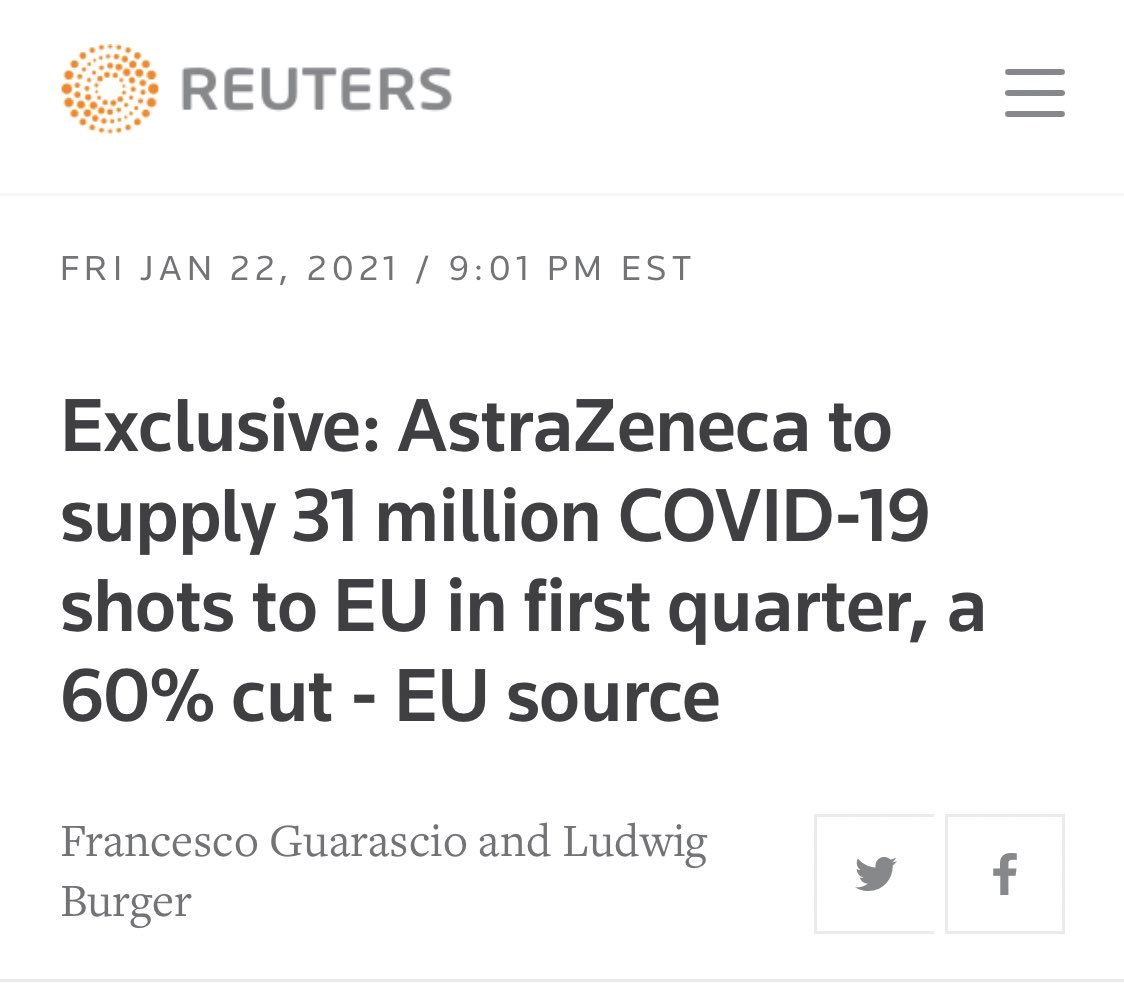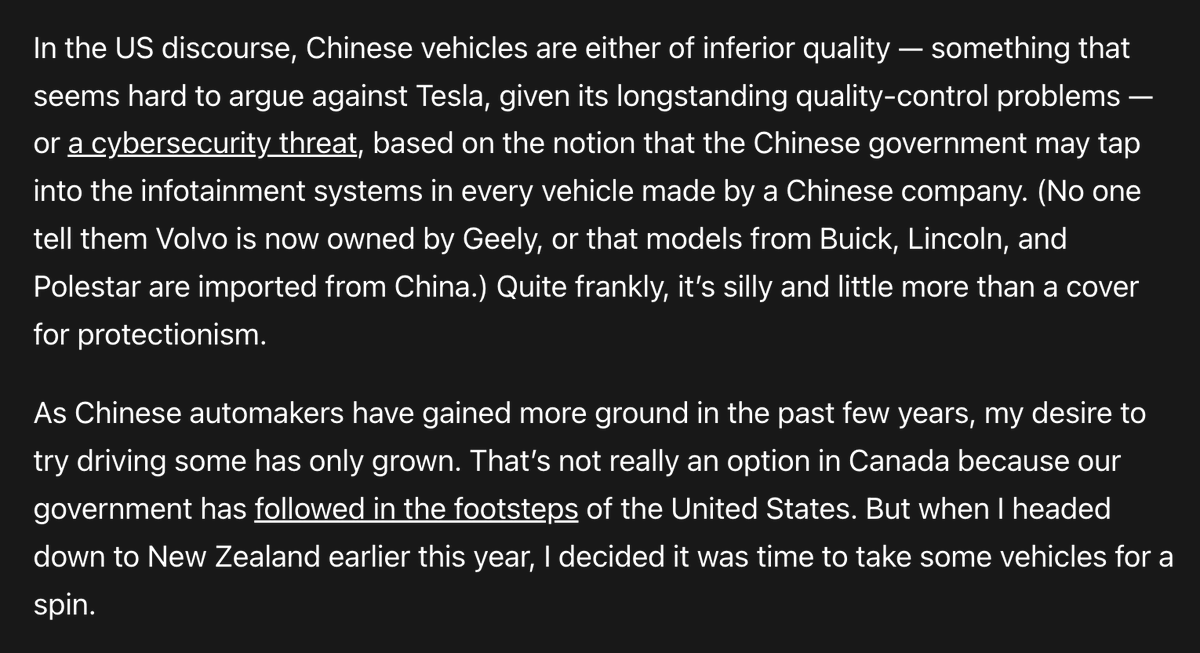Oxford University was going to open source its vaccine, then the Bill and Melinda Gates Foundation stepped in and convinced them to sell exclusive rights to AstraZeneca.
Now AstraZeneca is failing to deliver and poor countries are struggling to access vaccines.



Now AstraZeneca is failing to deliver and poor countries are struggling to access vaccines.




It’s important to remember that Gates has used his foundation to launder his reputation, but there are a lot of serious questions about its activities, including supporting strong IP rights for drugs that make them less accessible to poor countries. thenation.com/article/societ…
You can read the full article about Oxford reversing course and selling its vaccine’s rights to AstraZeneca (at the encouragement of the Bill and Melinda Gates Foundation) here: khn.org/news/rather-th…
@IronicProfessor has been a big critic of Bill Gates’ philanthropy, including in his recent book “Bit Tyrants.”
I spoke to him about it on my podcast:
I spoke to him about it on my podcast:
https://twitter.com/techwontsaveus/status/1260203373023973376
Bill Gates responded to this tweet. He confirmed the foundation told Oxford to make an agreement with pharma, then made a questionable argument for strong IP protection.
I’ve already been contacted by someone in pharma who also confirmed the IP argument is bullshit.
I’ve already been contacted by someone in pharma who also confirmed the IP argument is bullshit.
https://twitter.com/parismarx/status/1358221428559077377
It’s important to remember that Bill Gates has his own views and interests, and they include strong IP protections whether on software or pharmaceuticals.
That doesn’t mean vaccines, especially when developed with public funds, require IP protections. It’s a capitalist approach.
That doesn’t mean vaccines, especially when developed with public funds, require IP protections. It’s a capitalist approach.
• • •
Missing some Tweet in this thread? You can try to
force a refresh















